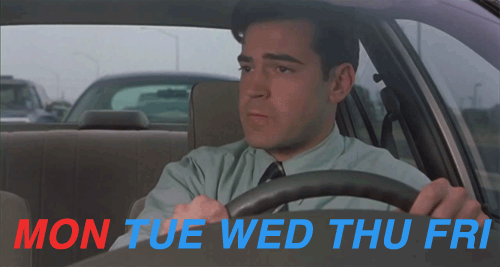
Do minimum wage increases cause low-wage workers to commute out-of-state more? A brand new paper in Regional Science and Urban Economics answers in the affirmative. According to the Cato Institute’s blog,
[Terra McKinnish] seeks to exploit the variation in minimum wage rates between states and the compressing effect of the 2009 federal minimum wage increase to analyze whether a relative increase in a minimum wage within a state led to more commuting into that state to work for under 30s or more commuting out of the state to work.
…McKinnish employs difference-in-differences techniques to try to find the answer, using commuting records of people earning both low and modest hourly rates to control for other factors which could influence commuting, such as the health of the economy.
Upon doing all this, three key findings arise from her work:
-
Prior to the 2009 federal minimum wage increase, there is no evidence that low-wage workers commuted at higher rates (relative to moderate-wage workers) to neighboring states with a higher minimum wage.
-
After the federal minimum wage increase, low-wage workers modestly increased out-of-state commuting out of states most affected by the federal minimum wage increase.
-
Moderate-wage workers reduced the rate at which they commuted out of states most affected by the federal increase following the rise in the rate (consistent with the idea that increasing minimum wages leads to employers replacing low productivity workers with higher productivity ones).
In short, “this study is further evidence to support the Econ 101 view of minimum wages.” Or, as the paper itself highlights, these “[r]esults are consistent with a disemployment effect of minimum wage increases.”